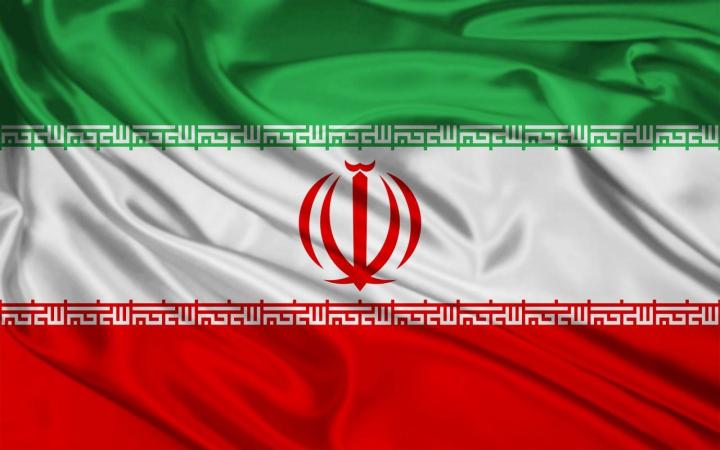
Iran isn’t exactly a bastion of open communication. During the presidency of Mahmoud Ahmadinejad, Iranians dealt with intense censorship as the government sought to keep its citizens in line. In 2012, the government even created something called the Supreme Council of Cyberspace specifically to enforce strict censorship, using a “FilterNet” to curb citizens’ access to information, blocking nearly half of the Internet’s most popular websites. This didn’t stop citizens from circumventing these filters, as they used Twitter and other social media to fuel protests about Ahmadinejad’s election.
Current president Hassan Rouhani appears as a more Internet-friendly leader, since he has a Twitter account. Here he is reaching out to the Pope on Christmas:
Felicitations to @Pontifex on birthday of Christ, Prophet of love, mercy & friendship. Hoping for new year filled with peace & prosperity.
— Hassan Rouhani (@HassanRouhani) December 25, 2013
But Rouhani’s Twitter is little more than a publicity stunt, and it’s certainly not an indication that he’s ushering in an era of more digital freedoms. Iran continues to block the micro-blogging service for its citizens. Facebook is also blocked, so Iranians using Facebook and Twitter do so through an illicit proxy. And Iran ramped up its censorship efforts last week by blocking WeChat, a popular private messaging app.
Instagram, however, went unblocked…until yesterday. Mashable reports users began complaining about the outage on Twitter, and an independent technology researcher named Colin Anderson confirmed that the site was inaccessible to Iranians.
#Instagram on #Iran‘s #Filternet right now across different networks. #NetFreedom pic.twitter.com/q3pcMD2JZ3
— Collin D Anderson (@CDA) December 29, 2013
Twelve hours later, the site was back up and running for Iranians as if nothing had ever happened, and the government denied any involvement with the outage. But Anderson and other researchers believe it was the government’s doing. “I’m sure for one thing that it was not simple incident,” Internet freedom researcher Amin Sabeti told Mashable. “I’m sure all people who have responsibility for the filtering know it … I believe they tried to block it permanently.”
The question is, why didn’t they block Instagram permanently? Could full restriction to the site be imminent?


